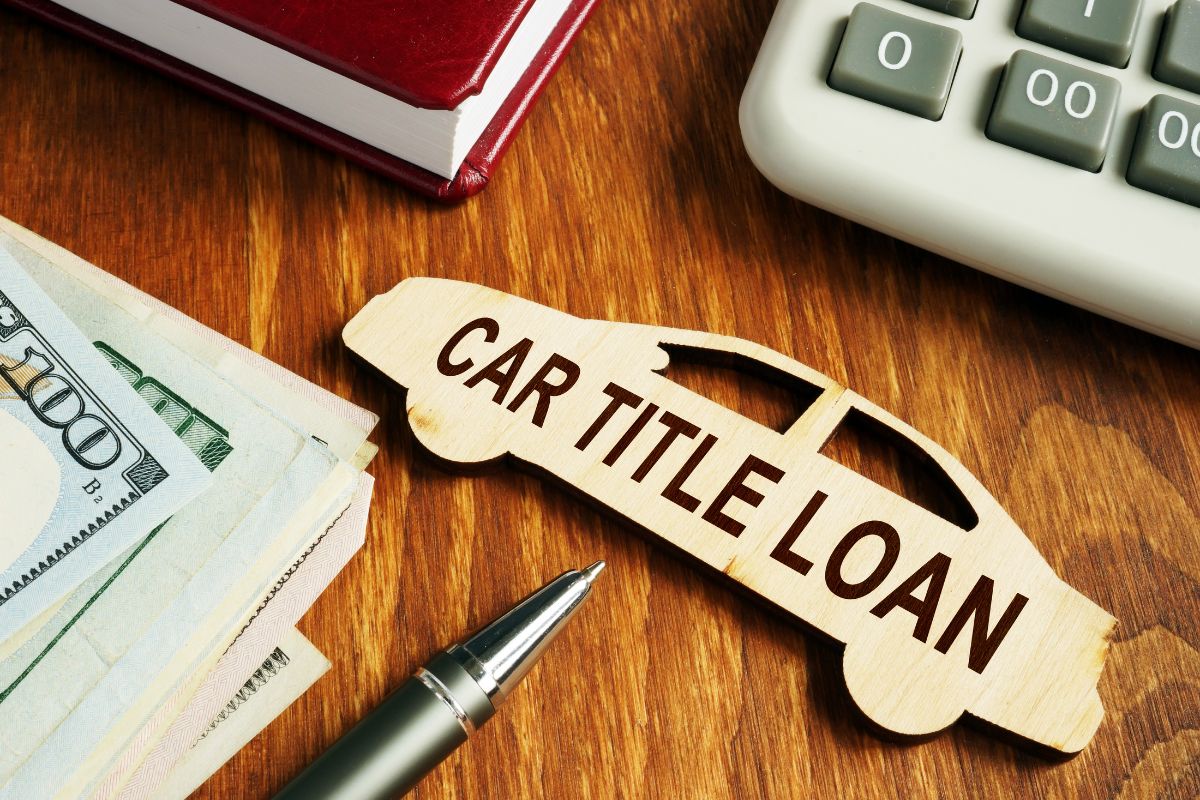
Rebuilt Title Vs. Salvage Title: What’s the Difference?
Let us help you save up to 30% on Auto Insurance

Let us help you save up to 30% on Auto Insurance
Home / Blog / Auto Insurance / Rebuilt Title Vs. Salvage Title: What’s the Difference?

What is the difference between rebuilt and salvage car titles? It’s the grown-up version of potato vs. potat-oh. Semantics aside, there is a fundamental difference between the two auto terms.
So, let’s separate “team rebuilt” from the “team salvage” title and settle the score once and for all: what’s the difference between rebuilt and salvage titles, and why does it matter? All that and more, next.
Both titles share the same origin story. When a car is written off by insurance, it gets a salvage title. However, some vehicles are in good condition, so they can be repaired, rigorously safety-tested, and resold to the public with a rebuilt title.
A few notes on safety testing:
So how is a salvage title different? Keep reading.
Insurance companies will write off a vehicle with damages that outweigh the cost of its pre-crash value and instead give it a “salvage title.” In a nutshell, insurers will deem a car a total loss for these reasons:
Essentially, insurers are saying the car can’t be reused in any way by giving it a salvage title.
So why should you care about salvage titles? The fact of the matter is that getting caught driving a vehicle with a salvage title is illegal. You should consider salvage titles as a “buyer beware” label to help prevent you from getting fleeced for a vehicle that is neither road safe nor legal to drive.
To make sense of this title talk, let’s go over what all these vehicle titles mean:
The title of the vehicle not only determines if it’s safe and legal to drive, but it also impacts the car value. A rebuilt title devalues a car by 20-40% compared to an identical make and model with a clean title. And of course, a salvage vehicle devalues a car completely because it shouldn’t be sold or purchased for driving purposes.
We all know insurance companies are risk-averse, so it should be no surprise that finding car insurance for a rebuilt vehicle is no joyride.
Here’s how rebuilt titles affect your car insurance:
Finding car insurance for your rebuilt vehicle can be tough, but it’s not impossible. You should be prepared to pay more out of pocket for your vehicle insurance, but hopefully you got a great deal on the vehicle purchase to help even the score. And if you maintain a clean driving record, you’ll be able to see savings on your car insurance, regardless of the vehicle’s title.
Keep in mind, you may need to jump through some hoops before you can get insurance on a rebuilt car, such as showing the results of a professional inspection, pictures, and repair receipts.
If you can, try to get insurance quotes for the vehicle before purchasing it so that you know what you’re getting into. And of course, be transparent about the vehicle’s title to get accurate quotes; misleading the insurance provider could cause your claims to be denied down the line and your coverage revoked altogether.
It should go without saying, but insurance providers won’t issue car insurance on a vehicle with a salvage title because they’re illegal to drive on public roads.
If you can’t imagine your driveway without your now-written-off-car or want to know how much insurance’s settlement offer will be (the salvage value), here’s what you need to know:
If you intend to restore a salvage title to road-worthy condition, you’ll want to ensure the cost is worth it, as it can take quite a bit of effort to fully restore a salvage title vehicle, depending on its history.
There are some upsides to owning a rebuilt car, namely:
If you’re considering purchasing a rebuilt vehicle, there are steps you can take to ensure it’s right for you, including:
Make sure you understand all associated costs that go into purchasing a rebuilt vehicle, such as repair, insurance, storage (if using for parts), and more, so that you can make an informed decision if the vehicle is right for you.
With the good comes the bad. Here are some of the reasons why you might want to steer clear of a rebuilt:
Again, it’s important to look at all possible implications of buying a rebuilt vehicle before making the transaction, instead of just thinking about the steal you might be getting.
The main difference between rebuilt vs. salvage titles is that both are written off, but rebuilds are repaired, safety-tested, and resold. This could be key knowledge to you if you’re in the market for a second-hand vehicle.
So, if you’re shopping around for a used vehicle, keep in mind that salvage titles are illegal to drive and make sure you’ve weighed the benefits and downsides of purchasing a rebuilt before you drive off into the sunset in your (new to you) car.
If you’re ready to start exploring options for insurance for your rebuilt car, ConsumerCoverage can help. In just a few minutes, you can get access to free quotes fast, so that you can decide if a rebuilt title is worth it for you. Click here for more details.
Lauren Lewthwaite Lauren Lewthwaite has been freelance writing for almost five years writing content that ranges from health to insurance and everything in between. Lauren is also a trained translator in French and English and is a dog-mom to an adorable Australian Shepherd.